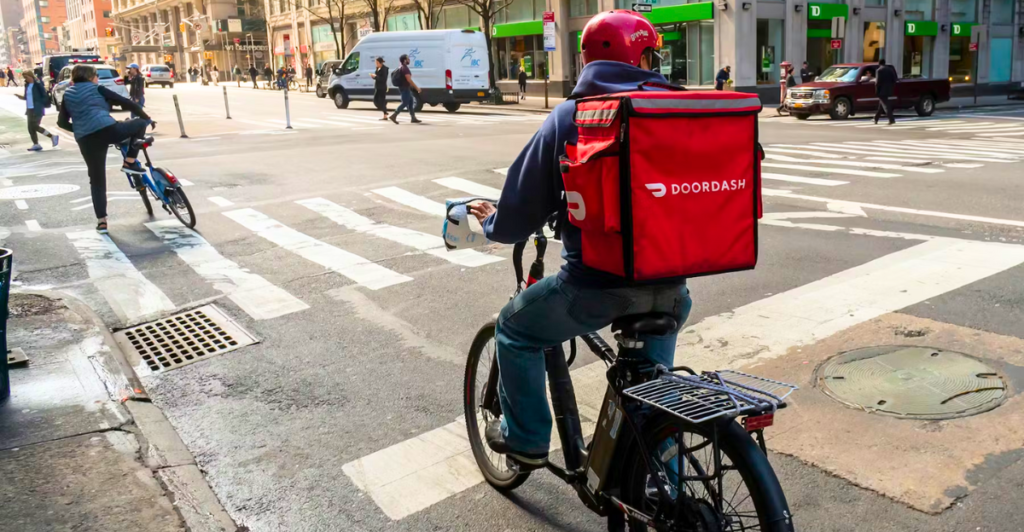
DoorDash has just made waves in the global business landscape with bold acquisitions totaling nearly $5 billion, headlined by its $3.9 billion purchase of Deliveroo, the UK-based food delivery giant. This move shows DoorDash’s ambition to become a dominant international player. They also aggressively pushed into the hospitality sector with their simultaneous $1.2 billion acquisition of SevenRooms, a leading guest experience and CRM platform that major hotels and restaurants use worldwide. But what does this mean for regular people?
Why Deliveroo?
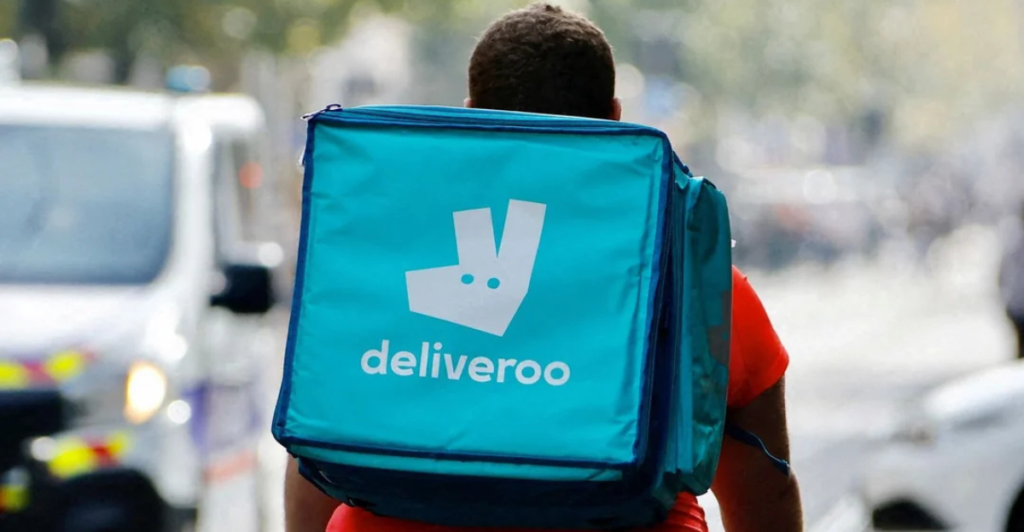
Deliveroo’s strong presence in nine key European and Middle Eastern markets, including the UK, France, and the UAE, offers DoorDash immediate access to new geographies and a combined customer base exceeding one billion people. Deliveroo’s established network of approximately 176,000 local businesses and its focus on continuous innovation in food, grocery, and retail delivery align well with DoorDash’s operational expertise and technology platform.
“In addition to having the foundation in which we can add scale to our investments in Europe, we can introduce new products to the market,” DoorDash CEO Tony Xu said.
The Reason Behind SevenRooms
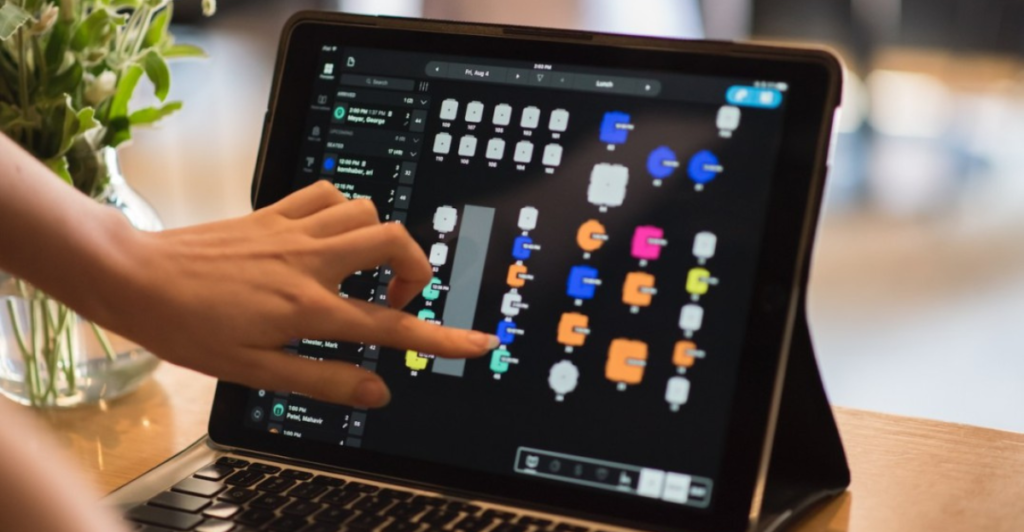
SevenRooms was founded in 2011 and offers advanced marketing, operations, and guest experience management tools, all deeply integrated with its best-in-class customer relationship management (CRM) system. This acquisition will empower restaurants, hotels, and other hospitality businesses to deepen guest relationships, streamline operations, and boost revenue growth.
“We’re enhancing the DoorDash Commerce Platform to help merchants serve their customers across all channels,” Parisa Sadrzadeh, vice president of strategy and operations at DoorDash, said in the release. “With SevenRooms, we’re excited to give local businesses around the globe new ways to bring more guests in the door, build and grow direct relationships with their customers, access best-in-class CRM, and drive profitability through smarter marketing.”
What This Means For Shoppers
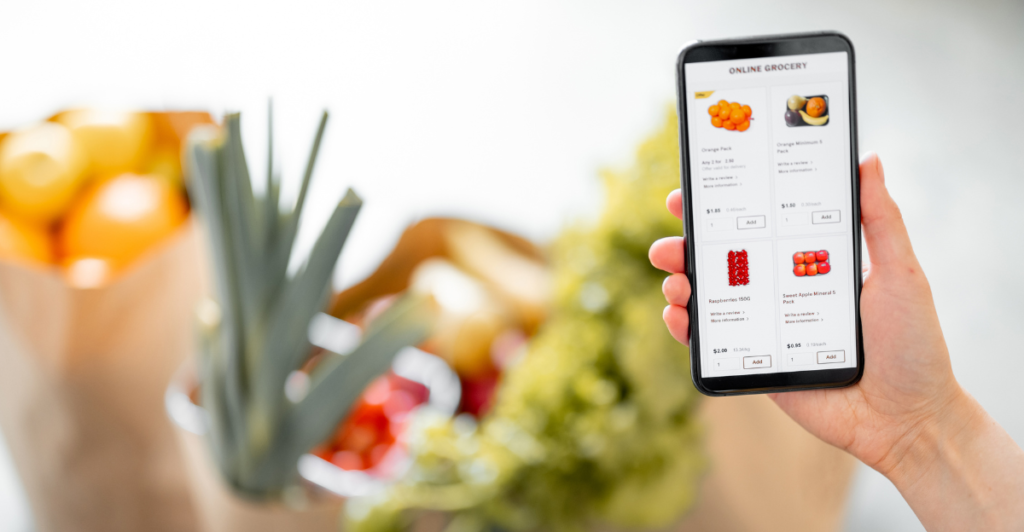
On one hand, the expansion may lead to improved service options, more competitive pricing, and enhanced consumer loyalty programs. However, consolidation in the delivery and hospitality sectors often reduces competition, leading to higher fees for restaurants and delivery partners. These costs may eventually be passed on to consumers through increased delivery charges or menu prices.
As DoorDash deepens its hold on the market, workers such as gig delivery drivers might face pressure on pay and working conditions due to the company’s increased bargaining power.
Expanding to 40+ Countries
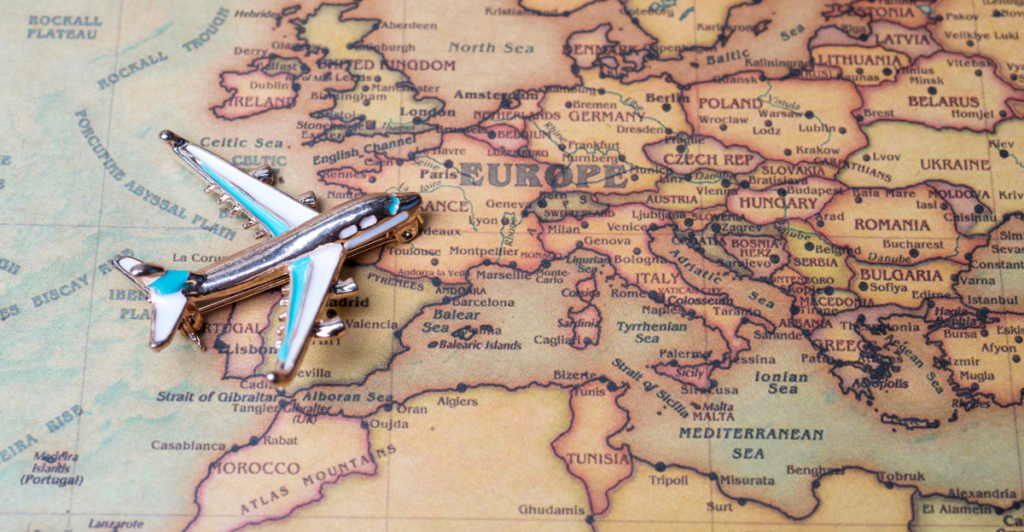
With these acquisitions, DoorDash expands its international reach, extending its operations to over 40 countries and reaching a combined population exceeding one billion people. By integrating Deliveroo’s presence in nine new markets, DoorDash significantly broadens its global footprint beyond its existing markets in the US, Canada, Australia, and Europe through Wolt.
This move strengthens its competitive position against rivals like Uber Eats. It opens up substantial new opportunities for its retail media network, DoorDash Ads, to generate increased advertising revenue on a global scale. DoorDash CEO Tony Xu described the acquisition as a “transformative opportunity” that will enable the combined company to invest more heavily in product innovation, technology, and consumer value.
The Financial Scale

DoorDash’s record $3.03 billion in Q1 2025 revenue, up 21% year-over-year, underscores its financial strength. The strategic pairing of Deliveroo’s international reach with SevenRooms’ hospitality tech creates opportunities for cross-selling, more innovative marketing, and operational efficiencies while unlocking new revenue streams in global markets.
The all-cash deal, which includes a 44% premium on Deliveroo’s share price, reflects DoorDash’s confidence in the long-term value of the acquisition, aiming to strengthen its competitive position against rivals like Uber Eats and Eat Takeaway.
Market Reactions

The acquisition price is significantly lower than Deliveroo’s £7.6 billion valuation at its 2021 IPO, highlighting the company’s challenges in scaling and profitability. Analysts have pointed out that Deliveroo’s relatively smaller size than global competitors made it vulnerable to acquisition. While the deal is seen as transformative and a strategic step for DoorDash’s global ambitions, concerns remain about market consolidation and its potential impact on competition, fees, and conditions for restaurants and riders.
“DoorDash and Deliveroo share a strategic vision and values, and together we’ll be in a stronger position to support restaurants, riders, and local communities. This deal will enhance our ability to invest in new technology and deliver even greater user value.”
OpenTable in the Crosshairs

As DoorDash expands its foothold in hospitality technology with the acquisition of SevenRooms, industry watchers are turning their attention to OpenTable, a long-established leader in restaurant reservation management. OpenTable, owned by Booking Holdings, has been the go-to platform for millions of diners and thousands of restaurants worldwide, but DoorDash’s enhanced capabilities could disrupt this status quo by providing restaurants and hotels with a more comprehensive suite of tools that unify online ordering, delivery, and in-house guest management.
This acquisition shows DoorDash’s broader strategy to become an all-encompassing technology provider for the hospitality industry, signaling that OpenTable may soon be in the crosshairs of a rapidly evolving market landscape.
What’s Next for DoorDash?

DoorDash’s message to hotel giants is clear: “You’re next.” By combining delivery, reservations, CRM, and marketing tools, DoorDash is positioning itself to “own” the guest experience in restaurants and hotels. The company aims to invest heavily in product development and technology, expand its retail media network, enhance merchant services, and deepen customer engagement across food delivery, hospitality, and beyond.
“Own the Guest”

By integrating SevenRooms’ advanced CRM and guest experience tools into its Commerce Platform, DoorDash enables merchants to build direct, personalized connections with their guests in-store and online. This approach gives businesses ownership over guest data, allowing them to tailor marketing, improve service, and foster loyalty without relying solely on third-party platforms.
“Together, we’re equipping restaurants with the tools to own the guest experience, grow their customer base, and thrive in an omnichannel world – inside and outside the merchant’s four walls,” said SevenRooms co-founder and CEO Joel Montaniel.
The Future of Hospitality

With these acquisitions, DoorDash is no longer just a delivery service; it’s a comprehensive commerce platform for the hospitality industry. This fusion will empower restaurants, hotels, and hospitality businesses worldwide to operate seamlessly across all in-store and online channels while providing personalized, data-driven guest interactions that enhance loyalty and profitability. As consumer expectations evolve toward frictionless, omnichannel experiences, the combined platform will enable merchants to harness real-time insights, automate marketing, and optimize operations, creating a more connected and efficient hospitality ecosystem.
Discover more trending stories and Follow us to keep inspiration flowing to your feed!

Craving more home and lifestyle inspiration? Hit Follow to keep the creativity flowing, and let us know your thoughts in the comments below!
